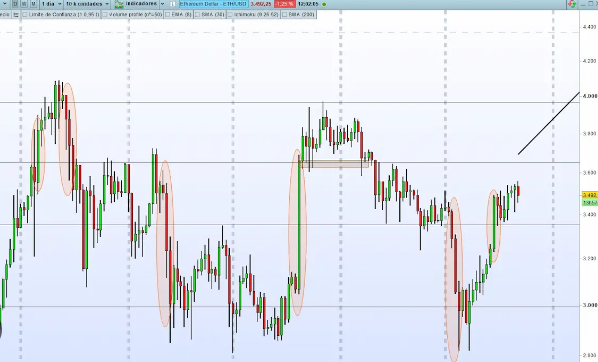The Importance of Risk Management in Forex Trading
Risk management is of utmost importance in forex trading as it helps protect traders from incurring significant losses and ensures long-term success. Forex trading involves the buying and selling of currencies, which inherently carries a level of risk due to price fluctuations and market volatility. Here are some reasons why risk management is crucial in forex trading:
- Capital Preservation: Effective risk management aims to preserve capital by limiting potential losses. This involves setting appropriate stop-loss orders and position sizes relative to account size and risk tolerance. By managing risk, traders can avoid excessively large losses that could significantly impact their trading capital.
- Minimizing Emotional Decision-making: Emotions can cloud judgment and lead to impulsive trading decisions. Implementing risk management strategies, such as predetermined stop-loss levels and profit targets, helps traders adhere to their trading plans without succumbing to emotional impulses. This promotes discipline and reduces the likelihood of making irrational trading decisions.
- Consistency and Long-Term Success: Consistency is key in forex trading, and effective risk management facilitates this. By carefully managing risk, traders can ensure that their trading strategies have longevity. Consistent profitability over the long term is achieved by focusing on controlling losses and maintaining a positive risk-to-reward ratio.
- Controlling Leverage: Leverage allows traders to control larger positions with a relatively small investment, magnifying both gains and losses. Risk management ensures that leverage is used responsibly, allowing traders to control their exposure and limit potential losses. By setting appropriate leverage levels, traders can avoid taking on excessive risk that may jeopardize their accounts.
- Diversification: Risk management involves diversifying trading positions by spreading risk across various currency pairs, rather than focusing on just a single trade. Diversification helps mitigate the impact of adverse market movements and reduces the overall risk exposure in a trader’s portfolio.
- Risk-Reward Ratio: Proper risk management is essential for maintaining a positive risk-to-reward ratio. This ratio compares the potential profit of a trade to the potential loss, ensuring that the potential reward outweighs the risk. By adhering to a favorable risk-reward ratio, traders can achieve profitability even with a lower winning percentage.
In conclusion, risk management is a critical aspect of forex trading for preserving capital, managing emotions, promoting consistency, and ensuring long-term success. By implementing risk management strategies, traders can effectively control their exposure to losses, improve decision-making, and increase their chances of achieving profitability in the forex market.













3 comments